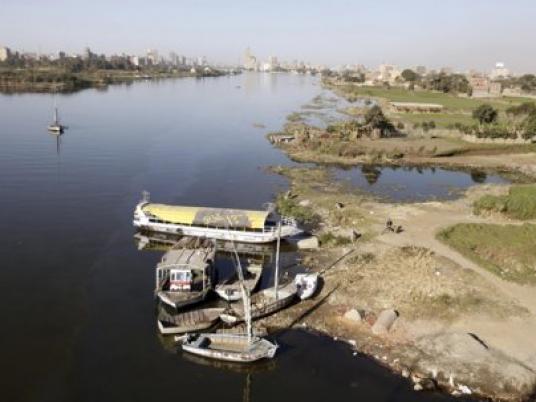Families of those missing or detained since the 18-day-uprising last year called on Saturday for President Mohamed Morsy to investigate the individual cases of those missing or in prison.
The number of prisoners detained without a civilian trial is estimated by the cabinet and rights organizations to be approximately 1200 persons.
Mohamed Abdel Qoddous, spokesperson for the freedoms committee at the Journalists Syndicate, said Saturday in a press conference that there is a need to exercise a "policy of political bias in favor of the oppressed and the political prisoners who had been detained since the outbreak of the revolution of 25 January."
Abdel Qoddous called on Morsy and the state bodies to support the oppressed, especially those who had been missing and detained since the revolution.
"We will find them," said campaign member Menna Essam.
Essam also decried the used of torture on the detainees. She said many have complained of being tortured in phone calls with their families.
She said she expects the number of detained to have increased from the estimated 1200 during the transition period, and also accused the cabinet of neglecting the missing protesters. Some families she has worked with say their sons and daughters called them and said they were still alive but detained in prisons.
Coordinator of the "No to Military Trials" campaign Mona Seif said the file of missing protesters was a difficult and mysterious one. She saidin the first days and months following the uprising, arbitrary arrests and military court sentences were commonly used against protesters.
Seif said a large number of protesters were detained, but had not been allowed to contact their families.
Campaign member Nermeen Yousry said that the major obstacle facing the families of the missing is locating their loved ones in a failed bureaucratic system.
"Families tour the entire country's prisons, hospitals, and morgues with no clue," Yousry said."State institutions have no official records of whether these missing civilians are dead, alive inside prison, or what their fate could be."
She said that many of the missing civilians were randomly arrested during clashes between protesters and security forces near Tahrir Square, at military check points.
The campaign has recorded some of the testimonies of missing civilians who came back to their families after spending months in prison with no official records proving they were detained or given any kind of trial.
Rights activists said that forced disappearances is a blatant violation of basic human rights, in which not only the missing is tortured, but also the family, who do not know what has become of their loved ones.
"They are full of hope, doubt, and fear. Before the revolution the scope of this violation was much less, and state security was the institution at which we point our fingers," said Mona Hamed, researcher at Al-Nadeem Center for the Rehabilitation of Victims of Torture.
"Now we have the national security, military police, military intelligence, and many other security apparatuses to point our fingers at, and the scope of the violation is getting much wider than what we all expected," she said.

